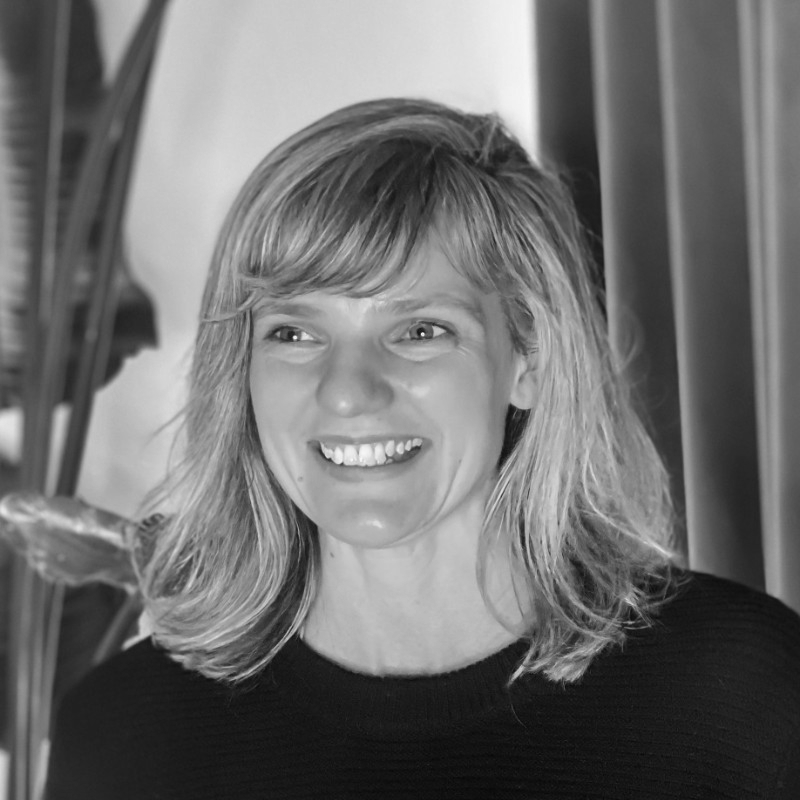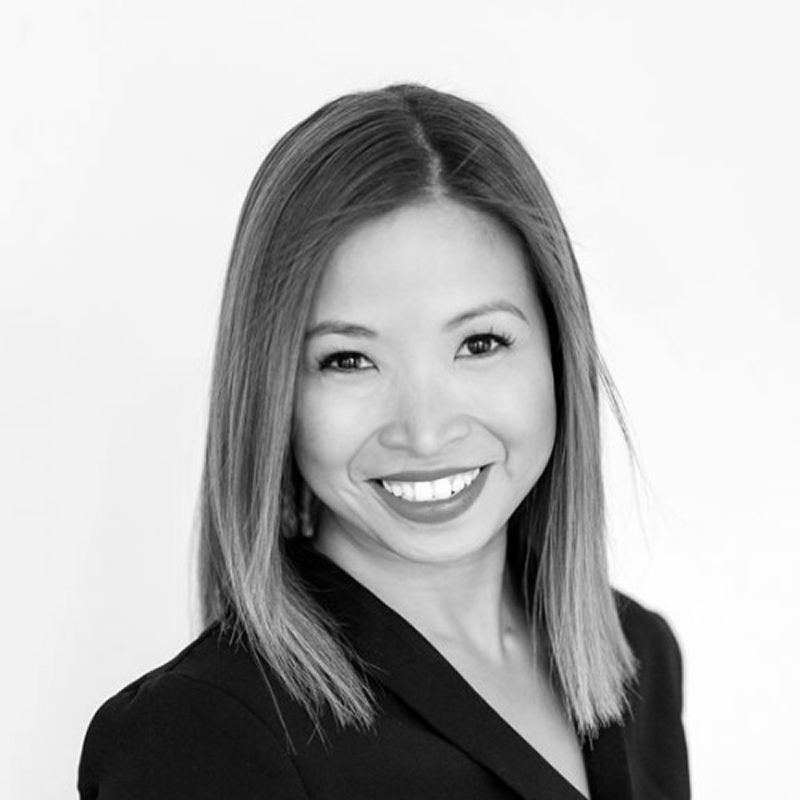
ASKING FOR A FRIEND
How do I respond when people assume I am unqualified as I look junior?
ASKING FOR A FRIEND - QUESTION
Ever been underestimated because you look younger than your experience? You're not alone. In this lively discussion, Dr. Aileen Alegado, clinical psychologist and Director of Mindset Consulting, digs into why these assumptions happen and how to handle them, while Regina Stroombergen, Head Creative Tinker at Thinkerbell, shares real stories (including bringing "gray hair" to client meetings!). Hosted by Andy Wright, this conversation is packed with insights to help you turn doubt into respect and build credibility when your appearance doesn't match your experience.
Looking younger than your experience level can be a double-edged sword in the creative industry. If you’ve been designing for over a decade but still get mistaken for a junior, it can be incredibly frustrating. It can also feel like it’s holding you back in your career. If colleagues, managers, or clients assume you’re unqualified simply because of your youthful appearance, you’re definitely not the only one dealing with this.
This question was answered by Regina Stroombergen, Head Creative Tinker at Thinkerbell (with years of experience in Melbourne and London agencies), and Dr. Aileen Alegado, clinical psychologist and Director of Mindset Consulting. Andy Wright, Founder of Never Not Creative, Co-Chair of Mentally Healthy, and CEO of Streamtime, hosted the conversation. Together, Regina and Aileen shared thoughtful perspectives on how to challenge assumptions and build confidence in the process.
Understanding the Root of the Problem
Aileen digs deeper into why people might assume you’re unqualified, noting it can sometimes link back to your own self-confidence. She asks: "Are you feeling insecure about you being there about your knowledge and is that what the person is picking up or feeling that you know you're not quite as qualified?"
It’s worth reflecting on this because the energy we give off can influence how others respond to us. Aileen recommends "genuinely doing a self-evaluation of your confidence in that space" before jumping to conclusions about how others perceive you.
Responding with Strategic Communication
When those assumptions pop up, Aileen suggests open, direct communication. Her approach is about "having again open communication about what the concern is" and gently uncovering what’s behind the comment or question.
She gives an example: "In that example where someone thinks you know how old are you or you look like you're the age of my daughter or something and you know to kind of answer the question with another question like what seems to be your concern."
This strategy lets you handle the situation professionally while calling out the bias without being confrontational.
Addressing Unconscious Bias
Aileen points out that these comments or assumptions often come from a place people aren’t even aware of: "often it's subconscious as well that these biases are playing out and people don't really understand what they're saying and what they're actually suggesting."
This awareness can help you stay calm and respond with confidence rather than frustration. Aileen suggests reassuring the other person when needed: "I can reassure you that I have got you know everything under control that your project is in good hands."
The Reality of Workplace Dynamics
Regina shares her own story of navigating this dynamic in her early career: "I remember one of my first like jobs where I was getting into the room for big presentations and I had to take gray hair with me so I literally had to take someone else from the team I did all the work and I presented all the work but I had to take someone else with me the gray hair in the room for the client to feel comfortable."
She admits, "I feel like that is getting better," but also acknowledges how tough it is to feel like your ability is being questioned because of how you look.
Building Long-term Confidence
Overcoming these assumptions isn’t about a single response, it’s about building trust in yourself over time. Aileen is clear that it takes both internal and external work: building self-assurance while also practicing how you communicate with others.
With consistent reflection and the right strategies, you can shift how people see your capabilities and strengthen your own sense of confidence in the process.
How NNC Circles Can Help
Feeling underestimated because you look younger than your experience? NNC Circles can help. These small monthly peer groups give you a safe space to share your stories, hear from others facing the same bias, and learn practical ways to respond with confidence. Learn more about NNC Circles.
Moving Forward with Confidence
Learning how to respond when people assume you’re unqualified because you look junior is a skill that grows with practice. As Regina suggests, what feels like a disadvantage now could actually become a strength in the long run.
Focus on building your confidence, develop a few clear responses to address bias, and remember that these assumptions usually reflect others’ perceptions, not your abilities. With time, you’ll be able to turn initial skepticism into genuine respect for your expertise.
our guests
Industry Leader

Regina Stroombergen
Thinkerbell
Mental Health Expert

Dr Aileen Alegado
Mindset Consulting
Host

